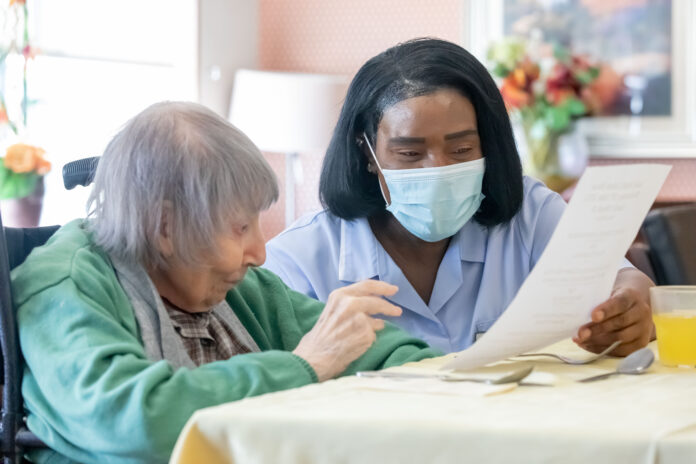
Jewish Care is proud to announce that it is implementing, with immediate effect, a significant pay increase for over 500 of its frontline staff.
The increase means that no member of staff will earn less than £10.85 per hour, in line with the current London Living Wage, and this will largely affect their lower paid staff, specifically carers, housekeepers, cleaners, and catering assistants. The new pay rate will also apply to Jewish Care frontline staff outside London.
As the largest health and social care organisation for the Jewish community in London and the South East, Jewish Care joins the 10% of social care providers in London who pay the current London Living Wage.
The increase recognises the extra cost of living in London and reflects the organisation’s gratitude to its dedicated frontline staff, who worked through the Covid-19 pandemic, putting the safety of clients before their own.
In addition to acknowledging the higher cost of living for frontline staff, and their heroic work through the pandemic, the charity believes the increase in pay will also help to recruit and retain its frontline staff, in a climate where the entire health and social care sector is struggling with recruitment and retention. Jewish Care plans to ensure its pay rates continue to be sufficiently competitive to recruit and retain the staff it needs to deliver high quality care.
Jewish Care’s CEO, Daniel Carmel-Brown says:
“During the pandemic we applauded and showed recognition for carers, the frontline staff who risked their lives each day and put the safety of our clients before their own. Now is the time to acknowledge their incredible dedication and hard work, by paying them a better and fairer wage for the vital round the clock care they provide to older members of our community.
“We believe that our staff deserve this significant pay increase to at least help them meet their everyday needs. It is not only the right thing to do, in line with our Jewish values, it also makes good business sense. It will help us to mitigate against national staff shortages by helping us to recruit and retain frontline staff, so that we can continue to provide high quality care.
Photos by Justin Grainge









